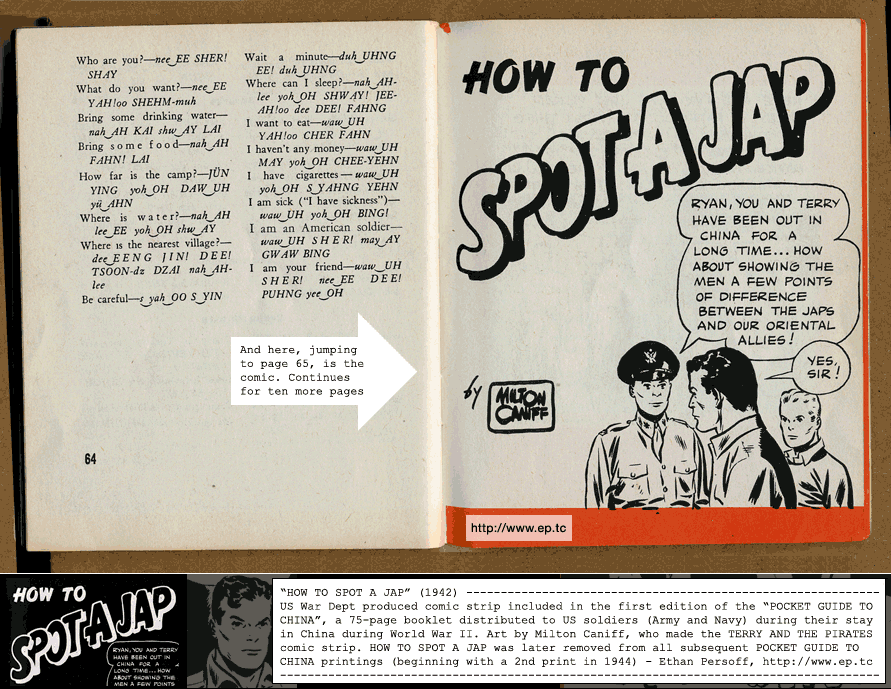If you’re like me 5 years ago, or like a good number of the folks at Crisscross, you are a young American, you’re learning Japanese, you’re enrolled in a liberal arts-focused university program, and you probably want to use your Japanese language skills in your future career. That’s great, and I commend your aspirations. But I am here to tell you that if you’re seriously looking to use Japanese in your career, good reading comprehension is absolutely crucial.
Most Japanophiles who make it to Japan for an extended stay are far less likely to pay attention to developing reading comprehension in Japanese as they are to speaking pidgin-slang Japanese with their gaijin-groupie friends (see tip #23 at the link), hooking up with the locals, and in general taking the path of least resistance. That is understandable, but there are numerous benefits of boning up your reading skills even while you are in Japan. Kate McArthur, a columnist for Japan job site daijob.com, summarizes them well: expanded menu choices in restaurants, ability to find coupons and other deals, using Japanese websites, and reading the ubiquitous subtitles on Japanese TV (Like her, I hold the irrational belief that “the written language is so intriguing with all the various looks and meanings that I can’t understand how it could possibly not be interesting to someone”).
Even among those who are interested in learning to (and in some cases already claim they can) read Japanese – the types who intentionally stay out of the gaijin bubble – many do not measure up when it comes to reading ability. This phenomenon I attribute to the gaijin complex, by which foreigners interested in Japan isolate themselves from others of their kind. They’ll stick with their girlfriends, host families, or whoever and seek out the so-called real Japan – the “Other” if you will. Without objective scrutiny or friendly competition (and with the entire population of Japan praising them for supposedly excellent Japanese abilities), these people start to think their Japanese is much much better than it actually is.
But the fact of the matter is, good reading skills are almost always an essential element if you want to make yourself useful in a quality Japan-related job, and most employers are not going to tolerate someone who cannot deliver no matter how entrenched his/her gaijin complex is. If you are otherwise lacking in specialized skills, companies that hire “Japan-friendly” university graduates usually put them to uses that stray significantly from what the employee would like to do – following developments on Capitol Hill or a specific industry, editing the English of superiors, coordinating between Japanese and foreign staff, website development, and so on. Not quite what you had in mind, right?
So now that you see why reading skills are important, the next question is how good do they have to be? For Americans, the general standard should be the ability to read any given written work in Japanese and precisely tell someone what it means in plain language (English or Japanese).
This should be obvious, but did you ever hear anyone tell you that in Japanese class? Perhaps because most students are only in the classes for the credit requirements and don’t have much serious interest in studying, Japanese as a second language classes at universities tend to hold their students to unacceptably low standards. On top of that, the most exalted goal for JSL learners who are somewhat serious is the Japanese Language Proficiency Test Level 1 (“ikkyu” in Japanese). As someone who paid the $50 and passed ikkyu in 2003, I can tell you from experience that while passing the ikkyu was a very helpful goal during my earlier studies, it was in no way the end of the journey.
The JLPT, sponsored by the Japanese government-affiliated Japan Foundation, tests listening, vocabulary, kanji, and reading abilities on 4 levels, 4 being the easiest and 1 the hardest. Level 1 requires knowledge of around 2,000 kanji and a corresponding vocab/listening/reading ability. It’s certainly not easy to pass the JLPT Level 1, but in fact Level 1 Japanese abilities often do not translate into the common-sense reading abilities mentioned above.
So if you’re not quite there yet, keep at it! The Internet provides an inexhaustible wealth of study materials at your fingertips free of charge. Read asahi.com, kikko’s blog, 2-channel, Bloomberg Japan, slashdot Japan, public-domain novels, or whatever floats your boat! The vast majority of material never gets translated into English, so if you have a blog you might consider summarizing or translating the more interesting bits into English for posterity and practice. And if you’re reading something and don’t understand a concept or the topic at hand, look it up on the ALC dictionary or read up on it at wikipedia Japan! Even if you don’t end up landing the job you want, it’s a wonderfully unfiltered way to learn about Japanese culture and society.






 I ended up strolling up and down Kawaramachi and the immediate environs with my open laptop,
I ended up strolling up and down Kawaramachi and the immediate environs with my open laptop, 